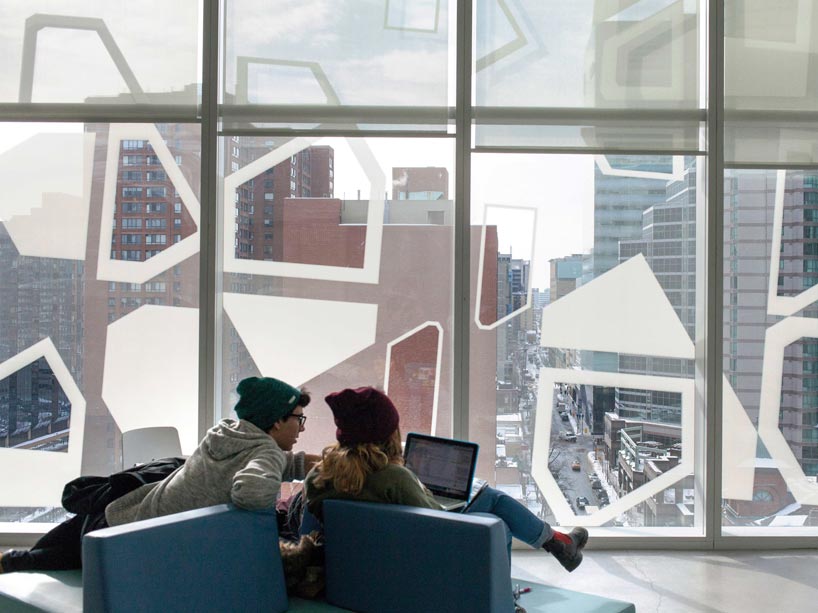The importance of maintaining access to education

The transformational power of postsecondary education cannot be understated, writes Provost Michael Benarroch. Photo: Christopher Manson.
“Education is the most powerful weapon which you can use to change the world.” Nelson Mandela shared this sentiment in an electrifying speech at Boston’s Madison Park High School nearly 30 years ago, and his message is as true today as it was then.
Education is the tool that fights oppression, that levels the playing field, that creates possibilities. Promoting access to education is, therefore, not an option, but an obligation. We owe it to the next generation of thinkers to create space for their learning and growth. We owe it to ourselves to ensure that our work continues to evolve to meet the needs of our changing world.
This, of course, requires intention and a certain degree of self-awareness. As we celebrate World Access to Higher Education Day on November 26, 2019, I’m reminded of how far Ryerson has come from its roots as a polytechnical institute to one of Canada’s leading comprehensive universities.
As someone who joined Ryerson in 2017 and who watched the university closely for many years prior, I have found both the challenges and the opportunities that come with steady growth fascinating. One of the major considerations is ensuring that education remains accessible as admissions and academic programs become increasingly competitive.
I admire that Ryerson has always been supportive of “the whole person”, a notion that values all of the things that make a student capable, qualified and coveted. It’s why our application processes have become more holistic – a person’s experiences, goals, personality and potential are essential complements to their grades. It’s why we democratize academic planning – if everyone has a voice, the university’s vision will reflect the needs of its people. It’s why we uplift equity-seeking groups – when we are inclusive of diverse perspectives, our entire community is elevated.
It’s also why we cherish our many partnerships that make education more accessible to students from all walks of life. In addition to the vital financial support we receive in the form of scholarships and donations, a number of programs aim to increase our engagement with young people who may not otherwise consider attending post-secondary school. For instance:
- Spanning the Gaps believes that education can break cycles of intergenerational poverty and social exclusion;
- Tri-Mentoring, our student mentoring initiative, eases the transition into first year;
- The Real Institute supports students who are learning English as a second or additional language;
- Ryerson Aboriginal Student Services (R.A.S.S.) provides a culturally supportive environment to promote academic excellence within our Indigenous community; and
- The Centre for Excellence in Learning and Teaching helps faculty members develop inclusive teaching practices to enrich the student learning experience.
As Ryerson grows, so will the need to support higher learning for all. The transformational power of postsecondary education cannot be understated and we’ll continue to ensure it is within everyone’s reach.
Michael Benarroch
Provost and Vice-President, Academic
Find out more at Ryerson Access to Education.
Related stories:
One student’s efforts to improve access to education within the LatinX community
First-generation student makes the most of post-secondary education